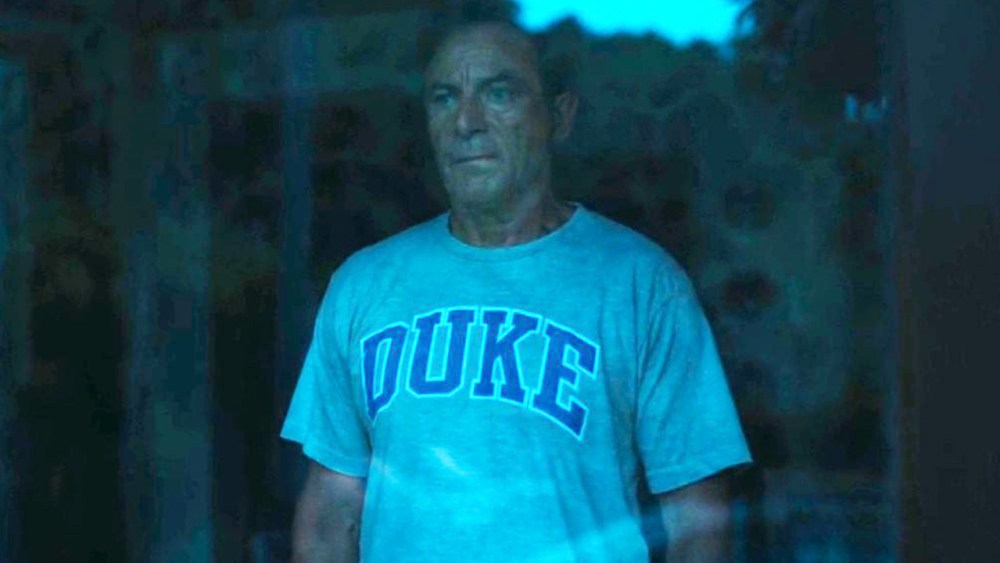Duke University Claims "The White Lotus" Crossed a Line by Featuring Unauthorized Merch
Introduction
Duke University has publicly criticized HBO's hit series The White Lotus for featuring its trademarked merchandise without permission. The university claims the show's use of a Duke T-shirt in a controversial scene went "too far," sparking a debate about brand representation in entertainment.

Caption: A Duke University T-shirt featured in The White Lotus—a moment that has now sparked legal and ethical discussions.
The Controversial Scene in Question
In the latest season of The White Lotus, a character is seen wearing a Duke University T-shirt in a scene that some viewers found objectionable. While the show is known for its satirical take on privilege and excess, Duke argues that the unauthorized use of its branding could imply an unwanted association. A university spokesperson stated: > "Duke University did not grant permission for its trademarks to be used in The White Lotus. We believe this portrayal misrepresents our institution and its values."
The Legal Implications of Unauthorized Brand Use
Brands and institutions often fiercely protect their trademarks, and unauthorized use in media can lead to legal disputes. While parody and satire enjoy some legal protections under fair use, universities like Duke may argue that their reputation could be harmed by unapproved appearances. Legal experts suggest that if Duke pursues action, HBO might counter that the use falls under artistic expression. However, past cases—such as Ford Motor Co. v. 2 Live Crew—show that courts often side with creative works if the usage is transformative.
Duke’s History of Protecting Its Brand
This isn’t the first time Duke has taken issue with its branding in pop culture. In 2019, the university sent a cease-and-desist letter to a small brewery using "Duke" in a beer name. The institution has a strict policy on trademark usage, requiring formal licensing agreements for any commercial or media representation.
HBO’s Response (Or Lack Thereof)
As of now, HBO has not publicly responded to Duke’s complaint. Given the show’s history of pushing boundaries, it’s possible the network may stand by the creative decision. However, if legal pressure mounts, an out-of-court settlement or minor edits to future broadcasts could be on the table.
The Bigger Debate: Should Brands Control Their Media Portrayals?
This incident raises broader questions: - Do brands have the right to control how they’re depicted in fictional works? - Where is the line between artistic freedom and trademark infringement? Some argue that media should have the liberty to reference real-world entities for storytelling purposes. Others believe brands—especially academic institutions—should have a say in how they’re represented.
Conclusion: A Clash of Art and Branding
Duke’s objection highlights the tension between creative expression and corporate branding. While The White Lotus thrives on provocative storytelling, institutions like Duke are keen to protect their image. Whether this leads to legal action or simply a behind-the-scenes resolution remains to be seen. One thing is certain: as entertainment continues to blur the lines between fiction and reality, these conflicts are likely to become more frequent. For now, audiences are left to ponder—did The White Lotus go too far, or is this just another layer of its biting satire? Would you like any refinements or additional details on specific aspects of the controversy?